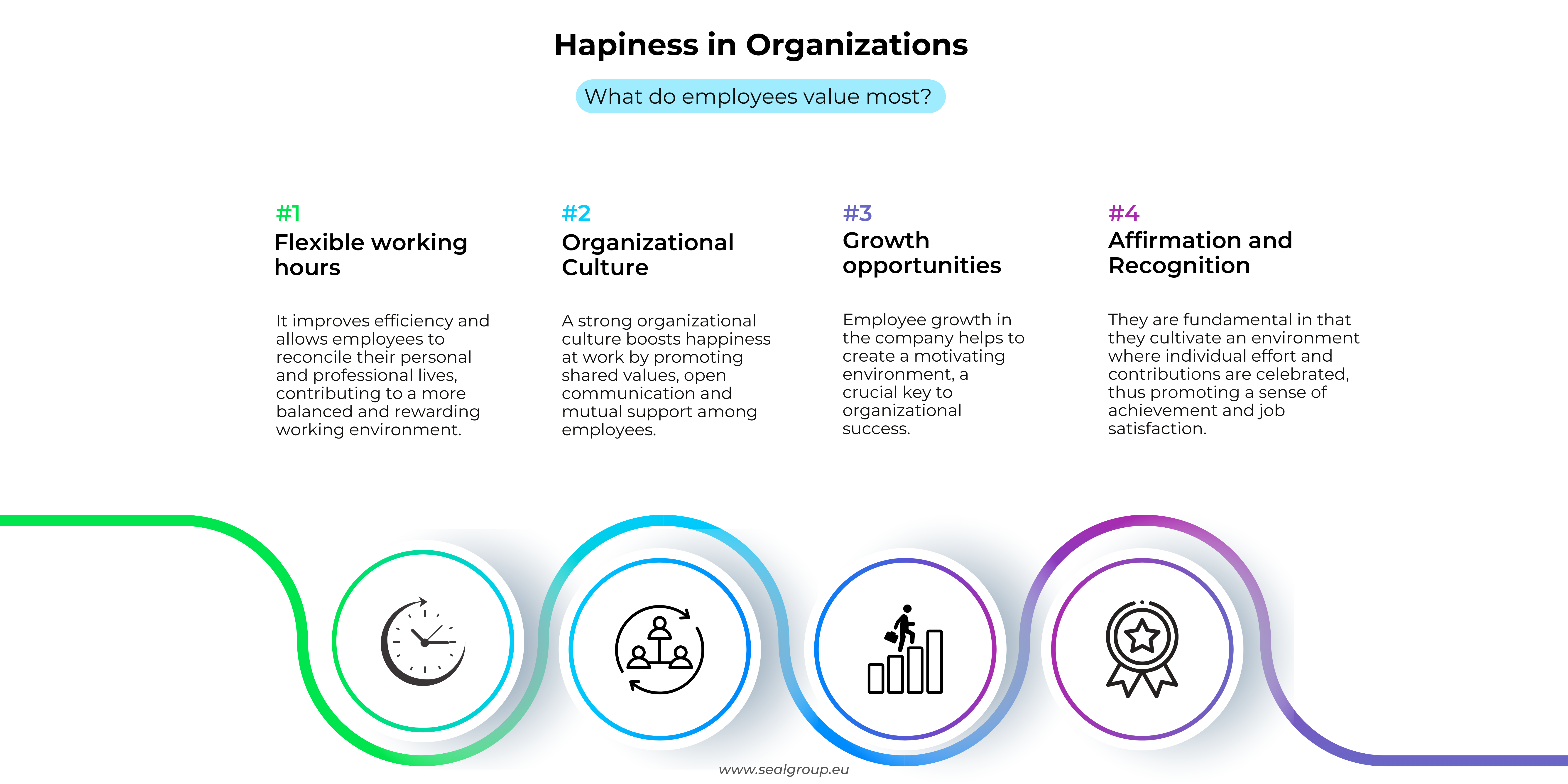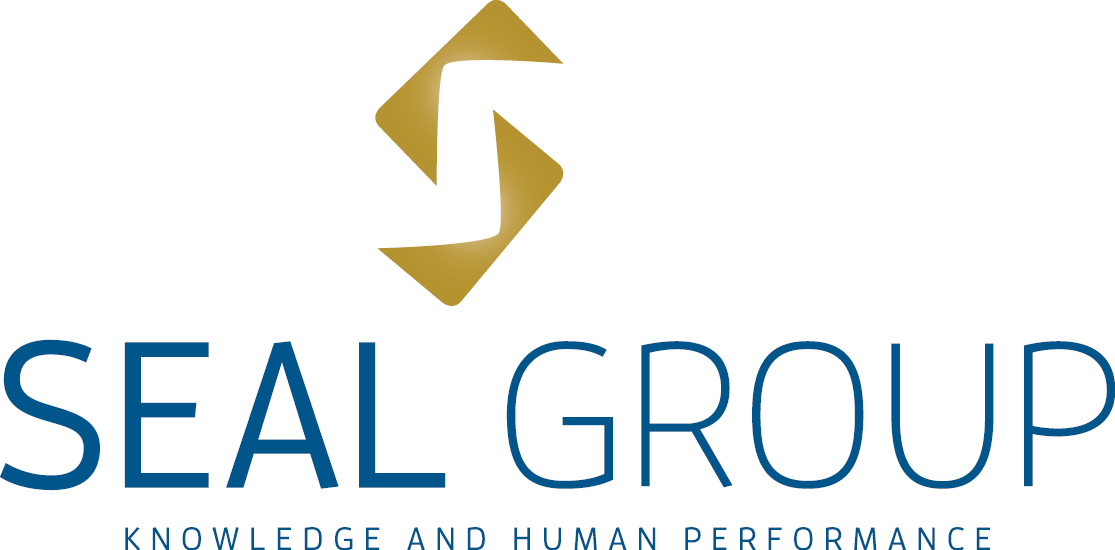Happy Boss: the talent and happiness of employees is a priority for leaders
An Oxford University study on happiness and productivity proved that workers are 13% more productive when they are happy. According to KPMG in the “2023 CEO Outlook”, “Attracting and retaining talent” is in the top 10 list of the main risks to company growth over the next three years.

image: telefonica
Leaders’ priorities
While CEOs remain confident in the future of the global economy, their views on what constitutes a risk to business have changed significantly in recent years. The complexity of global politics requires a new level of resilience on the part of organizational leaders, who are reassessing their strategic priorities, according to the aforementioned study.
Managers have identified their employee value proposition for attracting and retaining talent as the top operational priority for achieving their growth objectives over the next three years. They are relying on their ESG strategy to appeal to the values of the next generation of talent, recognizing that corporate culture will be more influenced by employees’ attitudes towards their company’s reputation. “Organizations that practice what they say around their talent strategy, culture, values and ESG commitments can foster deeper and more meaningful connections with their employees,” says this study. Eighty-three percent (83%) of CEOs say that their organization’s success, including growth objectives, depends on a strong ethical culture.
We can say that happiness in organizations is no longer just a “fad”, but is now one of the strategic priorities of entrepreneurs and managers at a global level. Issues such as flexible working hours, organizational culture, opportunities for growth and affirmation and recognition are all part of the “happiness pack”, which helps to attract and retain talent.

Portuguese standard for well-being and happiness
Well-being and happiness are often concepts that are difficult to define, understand and apply in the daily running of an organization. This complexity means that, although everyone agrees that it is an important topic, it is not always understood as a lever for work productivity. In this sense, we can say that Portuguese managers currently have help at their disposal, based on a new tool to support the challenging and priority task of attracting and retaining talent: the NP 4590 standard “Organizational Well-being and Happiness Management System”, which provides a structured guide for organizations to promote the well-being of their employees in a systematic and effective way.
Well-being in organizations plays a fundamental role in employee performance and increased productivity. However, it doesn’t stop there, it also affects the company’s culture and working environment.
This standard addresses not only happiness, but also health, work-life balance and the promotion of a healthy working environment. By adopting this standard, companies can improve employee engagement, reduce absenteeism and attract talent, thus contributing to their long-term success. It also recognizes the importance of a holistic approach that benefits both the organization and its employees.

imagem: IPQ
In conclusion, we can say that a happy boss is a leader who achieves results, who believes that generating sustainable wealth is much more than making immediate profits, and who is convinced that this destination can only be reached through people who are productive, focused on a purpose and, of course, happy.
Article by Sérgio Almeida in partnership with Vida Económica.




